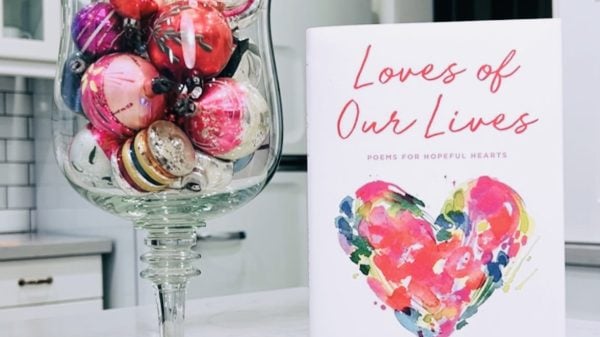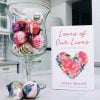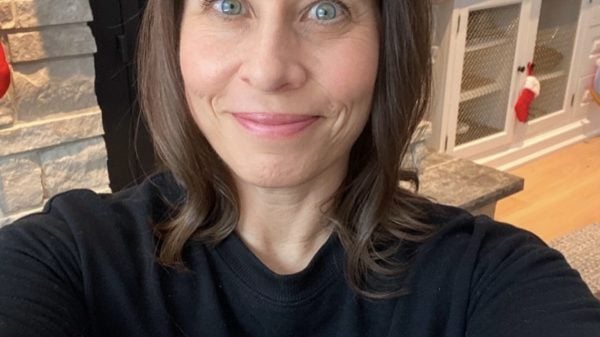Welcome to STYLE Canada‘s Boreal Book Club: a monthly meeting narrated by Erin Catto, (reviewer at Girl Well Read), for bookworms who’re looking to scour new pages. Since we aim to shine a spotlight on all things Canadian in life and style, beauty, and health and wellness, it goes without saying that every instalment of the Boreal Book Club will feature a Canadian author and their latest title. Be sure to use the hashtag #BorealBookClub to share with us on social!
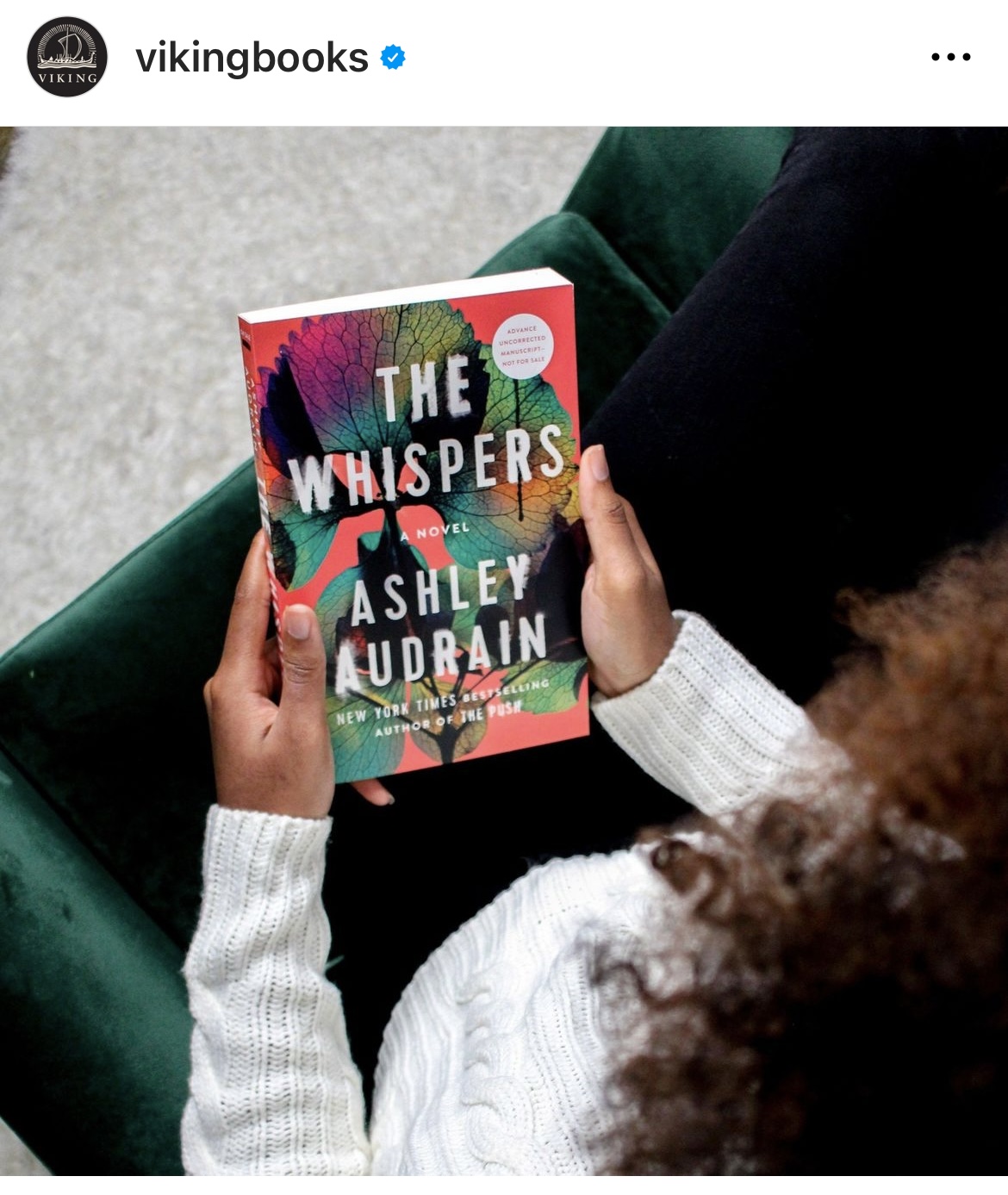
@vikingbooks via Instagram
On Harlow Street, the well-to-do neighborhood couples and their children gather for a barbecue as the summer winds down. Everything is fabulous until Whitney, the picture-perfect hostess, explodes in fury because her son disobeys her. Everyone at the party hears her exquisite veneer crack—loud and clear. Before long, that same young boy falls from his bedside window in the middle of the night. And then his mother can only sit by her son’s hospital bed, where his life hangs in the balance.
Over the course of a tense three days, the women of the neighborhood grapple with what led to that terrible night. People-pleasing Blair, Whitney’s best friend, suspects something isn’t as it seems. Rebecca, the ER doctor who helps treat Whitney’s son, has struggled to have a child of her own. And the all-knowing Mara, the older woman next door, watches everyone’s world unravel from her front porch.
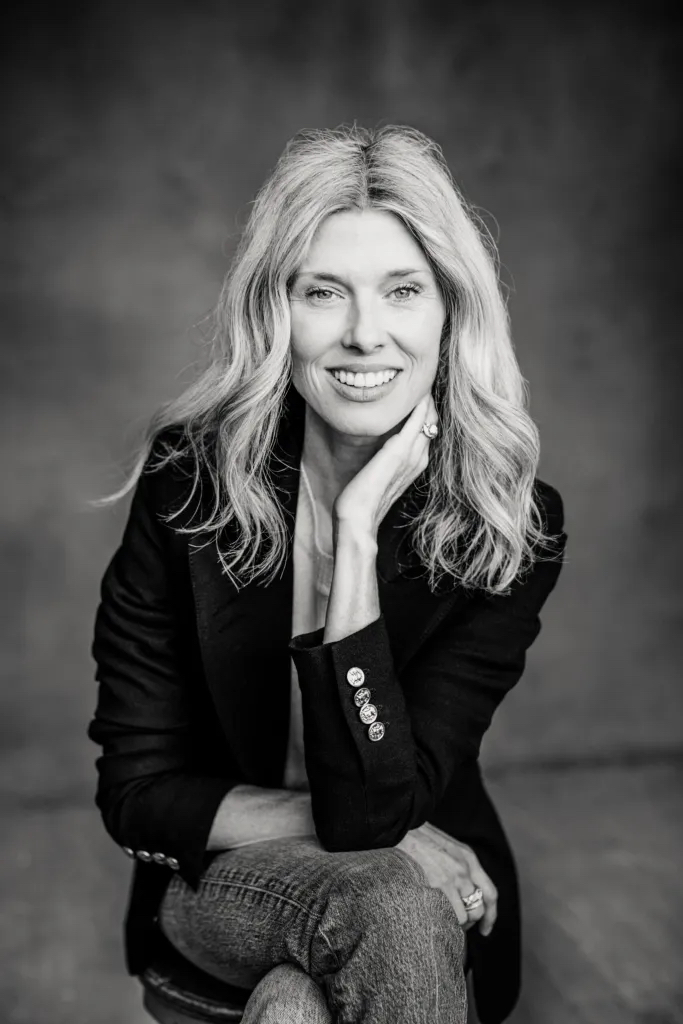
Ashely Audrain (Photo credit: Barbara Stoneham)
Ashley Audrain’s sophomore effort is a propulsive page-turner. This character-driven psychological thriller centres around a tragedy and the ripple effect it has on four separate families. The Whispers is raw and visceral—not for the faint of heart.
The novel is told from the perspectives of four women: Whitney, a career woman and mother of three; Blair, a stay-at-home mom; Rebecca, a doctor who is struggling with miscarriages; and Mara, a widow in her eighties who is still grieving the death of her only son. The Whispers is also an examination of motherhood: how trying it can be, the pressure to be the perfect mother, how awful it is to want to be a one, and how devastating it is to lose a child and not be a mother anymore.
What I love about Audrain’s books are all the nuances that start with the title and funnel down through the thematic elements. Whispers are what we don’t want others to hear, the things we say to ourselves, what we say about others, and the things that may or may not be true. She captures all of these things behind the closed doors of her characters.
Exploring themes of envy, desire, and motherhood, The Whispers is about giving in to impulse and about the whispers that we silence. Highly recommend!
*Trigger warning: miscarriage and infertility, discussion of suicide, infidelity, accident involving child.
ASHLEY AUDRAIN previously worked as the publicity director of Penguin Books Canada. Prior to Penguin, she worked in public relations. She is a graduate of the Media, Information & Technoculture program at Western University. The Push was her debut.
Audrain lives in Toronto, where she and her partner are raising their two young children.
Scroll to read Girl Well Read’s exclusive interview with Ashley Audrain.
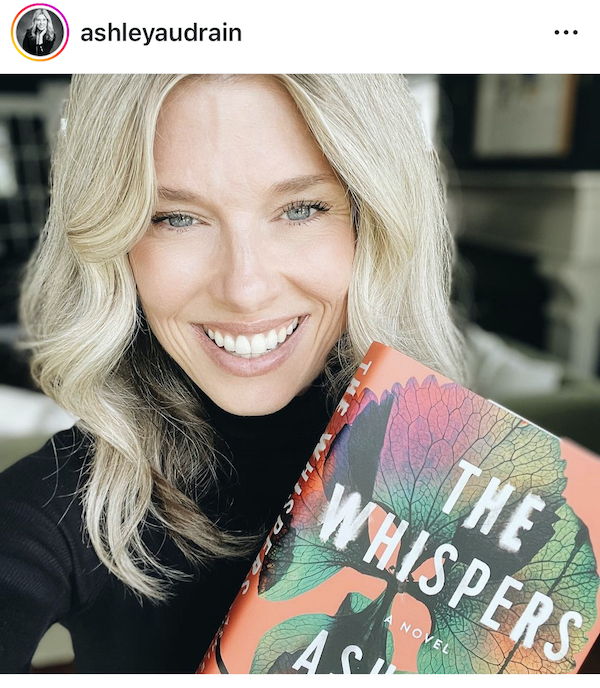
@ashleyaudrain via Instagram
GWR: Is there a particular author/work that inspired you to become a writer or the way you write?
AA: I don’t know if there’s just one, but I’m certainly inspired by women writing page-turning stories about complex female characters, and I always have been. As a teenager, I loved to read the Oprah’s Book Club picks each month because she often focused on darker stories about women, and fiction that was very accessible. I probably read things a bit too mature for my age, but I think that curiosity is part of what makes reading so compelling for young people.
GWR: Did you approach writing The Whispers the same way as The Push? What does your writing process look like?
AA: It really felt like a very different writing process from start to finish in terms of where and when I was writing. I’d worked on The Push for a much longer time, in bigger chunks of time, and revised it at my own pace, all while having my babies—with The Whispers, I had a deadline and editors for the first time, and writing it also overlapped with the bulk of the pandemic. I found it really difficult to be productive and creative during that period, in a time crunch, with so many months of lockdown and schools closed in Toronto (I know we can all relate). I woke up every day at 5am to work through revisions until the kids woke up, and then the rest of the day was a complete write-off. That said, I’d learned a lot during the writing of The Push, including just how valuable BIG revisions are. It’s always painful to feel like you’re digging up the foundation of a book, but now I can see that’s a completely necessary part of my process. So, both books went through a lot of changes, and I didn’t have a fully developed structure for either of them before I started. I suppose that’s my writing process… make a mess and then try to clean it up!
GWR: You have a publishing background—did this help or hinder your writing? What do you like most about the publishing process? What do you like the least?
AA: I think having a publishing background has only helped my writing, mostly because in publishing, you have to read so much and so widely, including genres you wouldn’t otherwise try and authors you hadn’t read before. Reading is such good ‘training’ for writing, especially if you’re paying keen attention to things like structure and voice and pacing.
The thing I love most about the publishing process is that much-anticipated moment of (hopefully!) feeling like the draft is exactly where it should be—that a revision has accomplished what it needs to and is ready to send back to my (wonderful) editors. It’s such a satisfying part of the process, after a lot of hard work. The part I like least is probably the jumble of nerves and emotions just before publication, waiting to see how the novel will be received by readers and critics. There’s such little control during this time—the work is done, and all you can do is wait with fingers crossed.
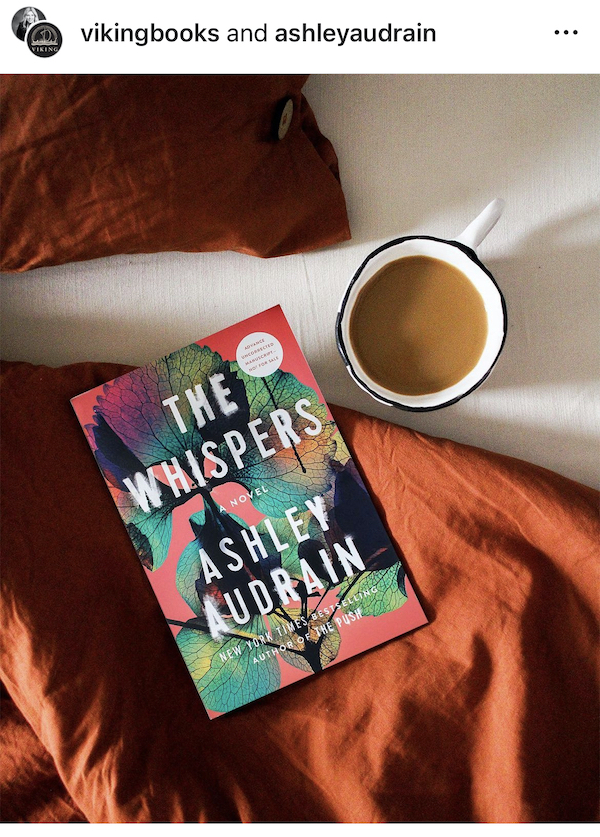
@vikingbooks via Instagram
GWR: What was the genesis of The Whispers?
AA: A few things were on my mind at the time I was developing The Whispers. First, I was living in Little Portugal in Toronto, and wanted to explore the feeling of that neighbourhood…the idea of young, busy families moving in, renovating old houses, and essentially taking over the street while the older Portuguese immigrants were trying to hang on to the porch culture they’d long established and enjoyed. Second, there was a bedroom window in my son’s room that didn’t have a lock (at first). He wasn’t big enough to reach the window, but I always had a terrible visual of him opening up the window in the middle of the night and falling out. This, of course, inspired a pivotal plot point in The Whispers…
And then, a bit later into the draft, I came across this concept of ‘the whispers’ on an episode of Oprah’s podcast, featuring a conversation with her best friend, Gayle King. Gayle shares about ‘the whispers’ she had long quieted about her marriage, until she couldn’t anymore—because she came home and found her husband with another woman. I loved this idea of the ways our life is always speaking to us, whether or not we want to hear it, and how complex this can be for women who are terrified of the consequences if they listen.
GWR: Did any minor characters become major characters over the course of the novel?
AA: I think Mara grew the most as a character over the course of revisions—I loved her story from the beginning, but at one point she was more of grumpy voyeur, less involved in the plot. I love where she ended up, and I really enjoyed writing from her perspective.
GWR: What do you enjoy more: character development or plot?
AA: I think I enjoy thinking about character most, but I also find it the hardest to work through on the page. Often, I think I’ve conveyed something about a character in the story, but it’s really living more in my mind—this has been a consistent theme in my early reader feedback! I think it’s because I feel like I know these characters so well; as writers we often live with them long before they make it on the page. It’s sometimes hard to see what we haven’t communicated about them yet.

@vikingbooks via Instagram
GWR: You tackle some weightier subjects—miscarriage, infertility, infidelity, trauma—which topics do you wish more authors would write about?
AA: Definitely pregnancy loss, although I can understand why authors might choose not to. It’s a very personal and terrifying experience to go through. Although I can think of many characters who have had miscarriages, we don’t often see the physicality of it in real time on the page. When I had my miscarriages, it was striking to me how foreign the entire experience was—I knew nothing about what would really happen, how it would feel, how to deal with the aftermath. I think if we shared more about this on the page or on the screen, it might feel a bit less lonely for women who go through it.
GWR: I love how purposeful and layered the titles are of your novels—there are several connotations of “the whispers” which I won’t say to keep spoiler-free—do you select the titles or are you even conscious of the nuances the time of writing?
AA: Thank you. I’ve always chosen the titles after the books were finished. The Push came to me at a completely random time, when I wasn’t meaning to be brainstorm title ideas (thank you, creative fairies!). The Whispers was a title suggested by a friend of mine who had read a very early draft; this was taken straight from a phrase in Blair’s inner dialogue, but as you’ve said, it certainly applies on several levels in the novel, and became a thread throughout as I was revising.
GWR: What are you working on now?
AA: I am starting to work on something new, but unfortunately can’t say anything about it yet! But it’s been a total joy to be in a new story, with a cast of new characters.




